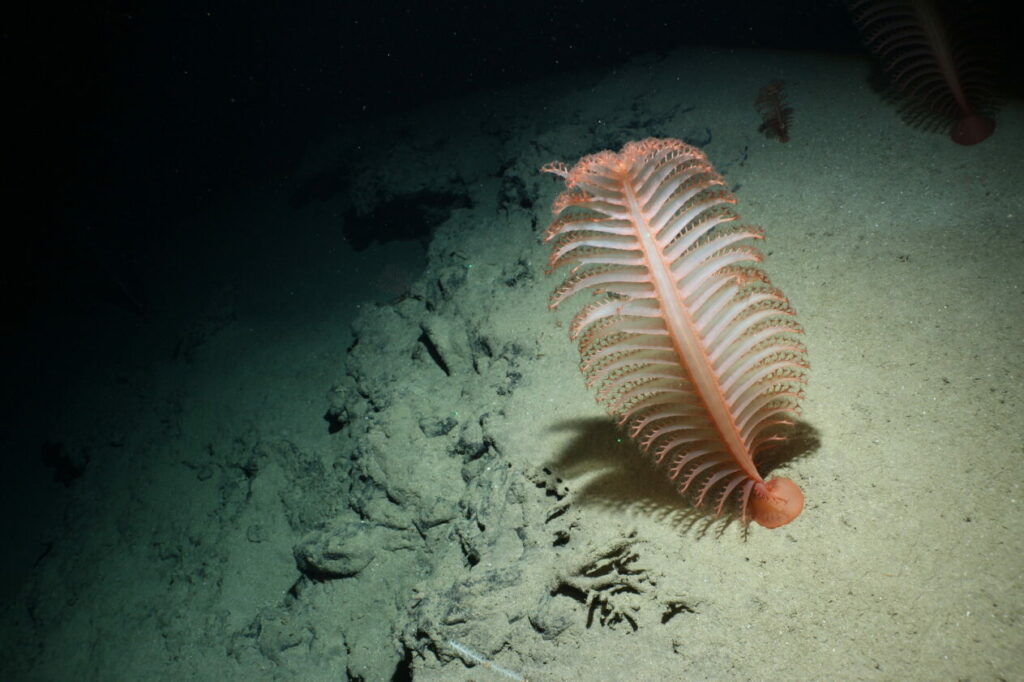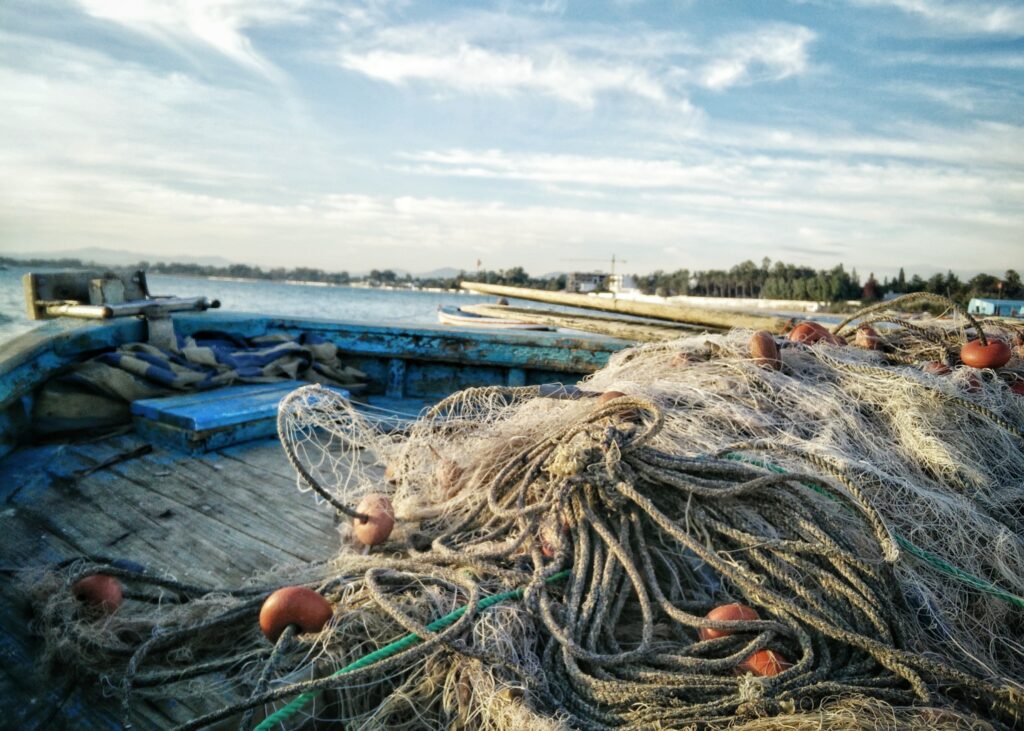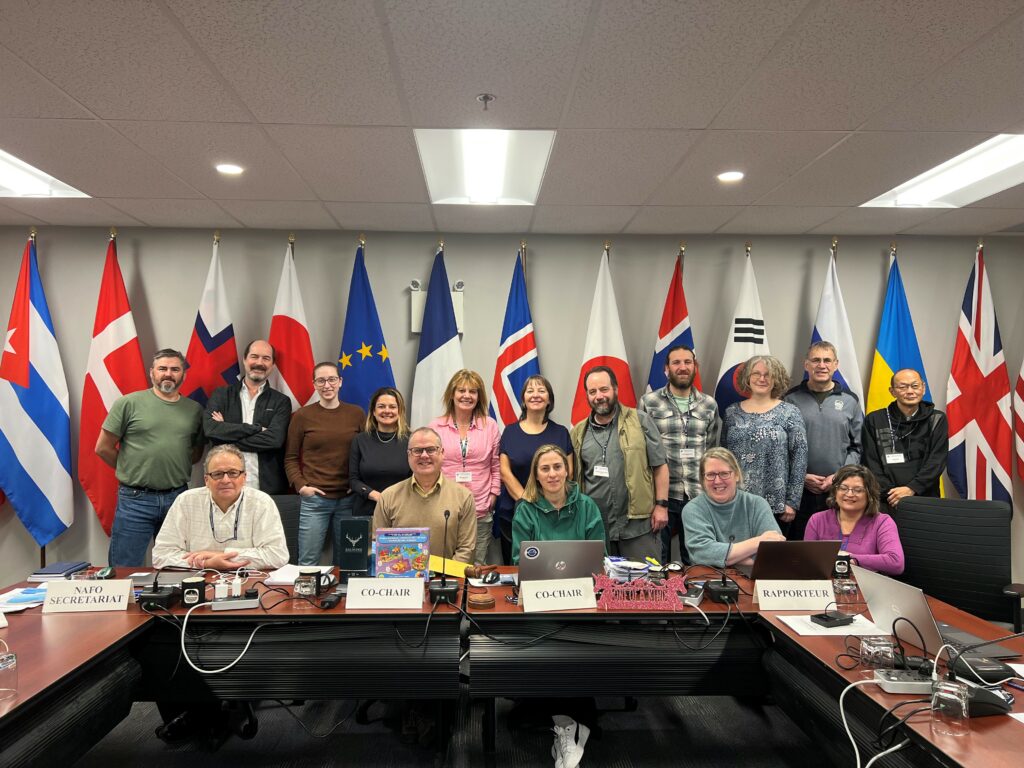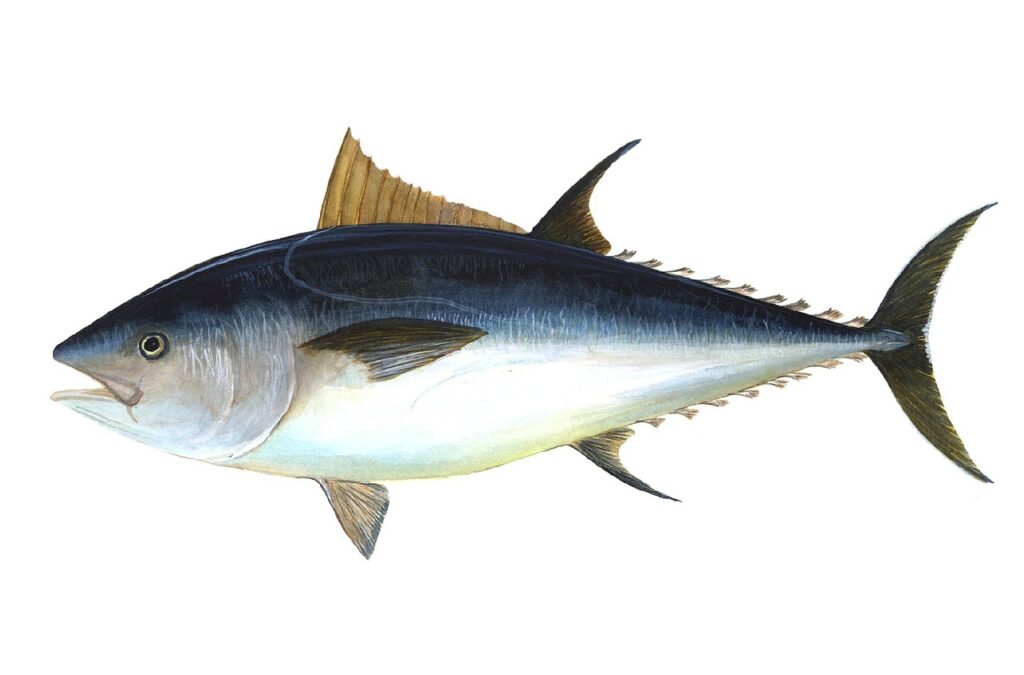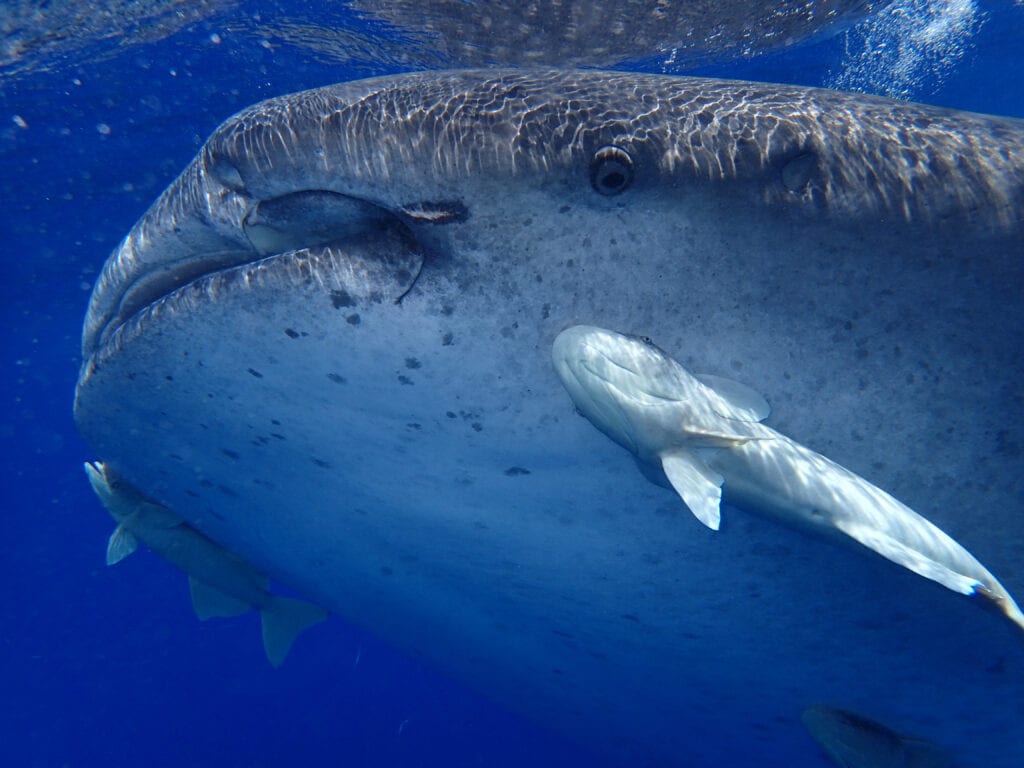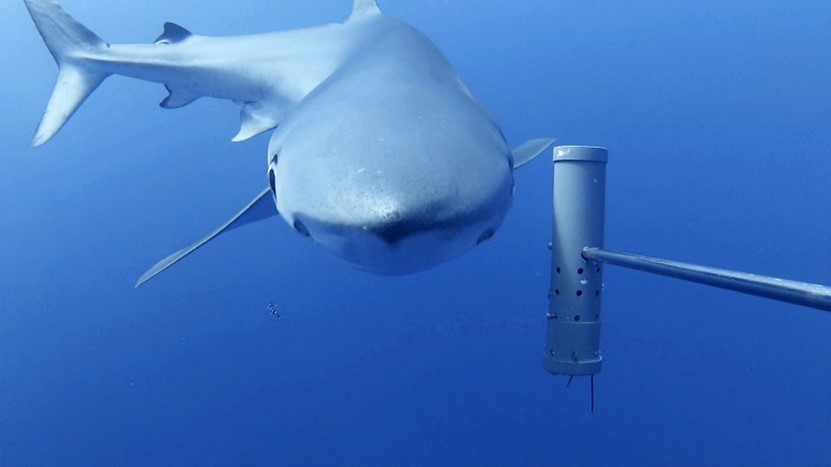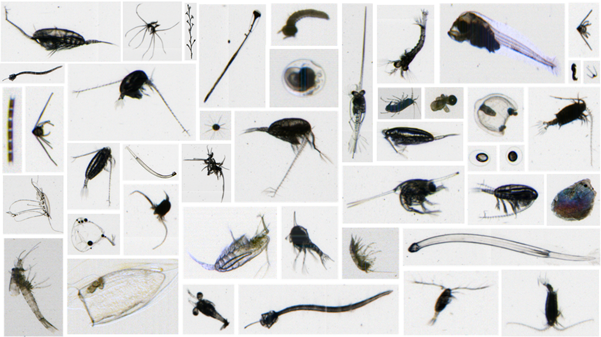Monitoring
The deep-sea covers more than 60% of the Earth's surface. Deep-sea ecosystems are amongst the least well understood owing to the combined challenges of remoteness, vastness, and the difficulties of exploring its depths. The ‘deep-sea’ is a catch-all term that …
On Monday 17th July, the UK government’s Department for the Environment, Food and Rural Affairs (Defra) announced further steps to deliver a thriving, sustainable fishing industry and healthy marine environment following the UK’s exit from the European Union (EU). As …
The High Seas are areas of the ocean beyond any country's territorial control and make up almost two thirds of the world’s oceans. These areas are at a greater risk of exploitation as countries are able to move, fish and …
Scientists love a bit of data, but it’s not just dry numbers and graphs. To celebrate International Open Data Day on March 5th, Cefas scientists, Michelle Devlin, Chris Read, Naomi Greenwood and Paul Nelson tell us about their work under …
On 12th December 2018, at 7am, a fish tagging team began fishing on the tuna grounds within St Helena, with the goal of tagging a number of yellowfin and bigeye tuna. The team, including staff from St Helena Government, Stanford …
St Helena is an oceanic island located in the tropical South Atlantic. Home to a fantastic array of marine biodiversity, it is one of the ten UK Overseas Territories that are part of the new Global Ocean Wildlife Analysis Network. …
Cefas project lead, Dr Paul Whomersley: The oceans are rich and wondrous, hosting diverse wildlife and incredible species beneath the surface. But at a time when ocean resilience and productivity are declining, it is more important than ever to look …
Microscopic plankton form the base of the marine food webs. Yet they are often the “forgotten” element in marine ecosystems despite having the critical role of supporting all other life. Cefas’ plankton scientists maintain long-term observational records of marine plankton alongside developing new technologies to improve monitoring of this key collection of organisms.
Marine Scientist Michelle Devlin, was one of three Cefas ecology experts sent, at the request of the Mauritian Government, to support the country’s response to a devastating oil spill, after MV Wakashio containing 4,000 tons of fuel ran aground and …
To protect the health of our seas and oceans, we need to understand the level and impact of human pressures, such as fisheries, contaminants and eutrophication.
